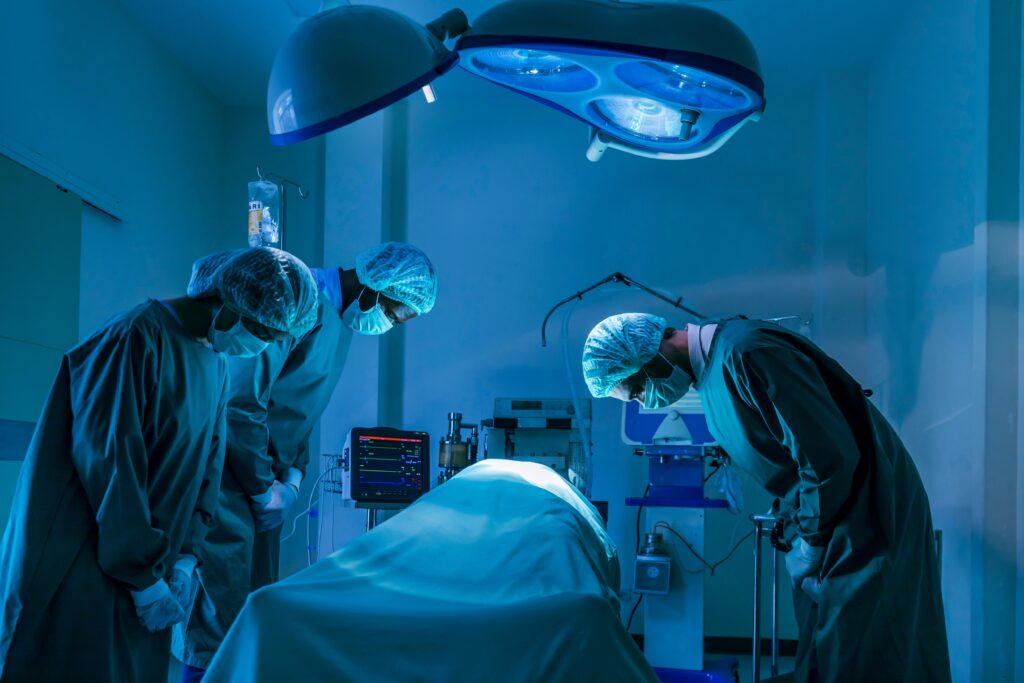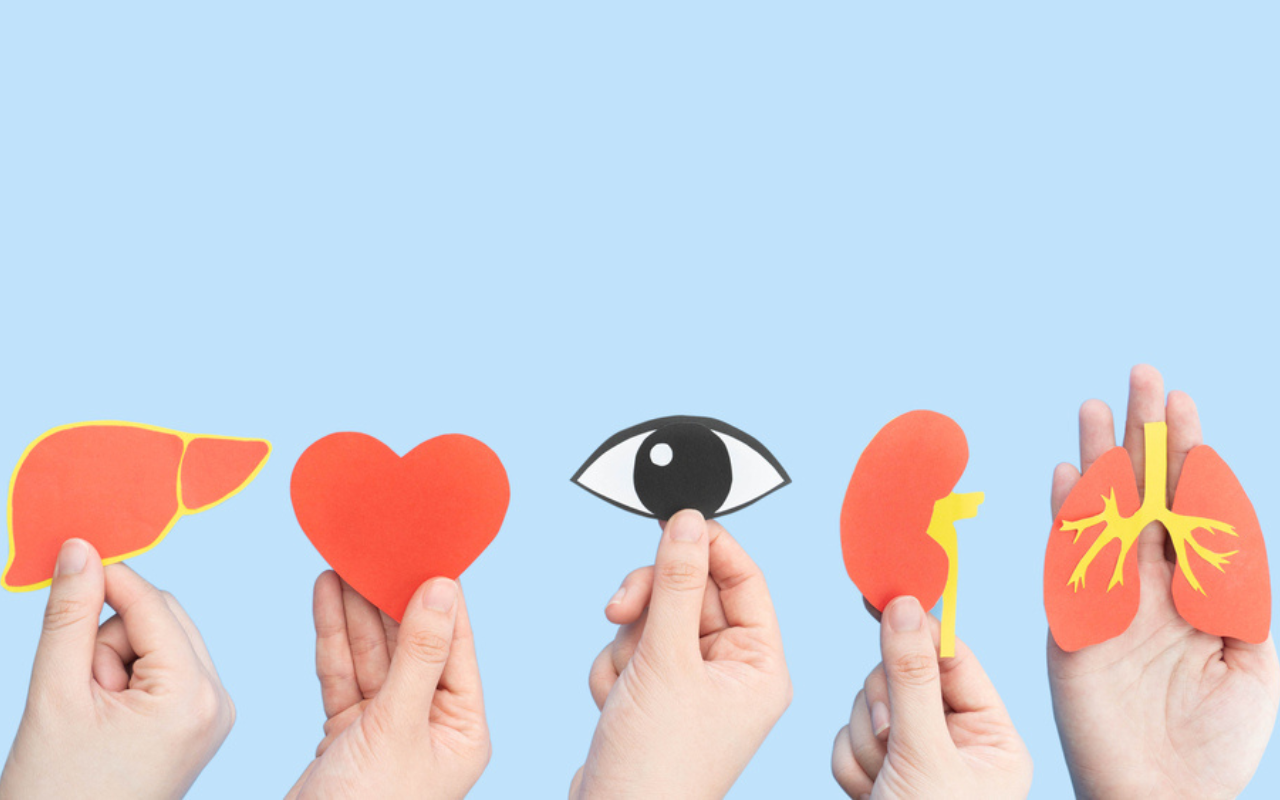New guidelines are needed to enable organ donation from people who have participated in voluntary assisted dying to bring Australia in line with several other countries.
Australians who take part in voluntary assisted dying (VAD), should also be able to donate their organs, according to the authors of an article published in The Medical Journal of Australia today.
The researchers write that organ donation following VAD could become possible in Australia, provided the relevant legal requirements are adhered to.
“As the practice of [organ donation] is well established, its combination with VAD represents more operational challenges than legal obstructions,” the authors wrote.
The article was authored by Jan Bollen from the Radboud University Medical Centre in The Netherlands, Courtney Hempton from Monash University, Associate Professor Neera Bhatia from Deakin University, and Associate Professor James Tibballs from the Royal Children’s Hospital, Melbourne.
They have called for the development of national best practice guidelines to enable these combined procedures to occur.

A common practice in some countries
“Organ donation after euthanasia is currently performed in Belgium, the Netherlands, Spain and Canada,” the authors wrote.
The organ donation process for patients who died in an intensive care unit is similar to the process for patients who died participating in VAD, but with additional checks in place, they wrote.
“Usually, euthanasia [overseas] is performed by a general practitioner who has the main treatment relationship with the patient and who, together with a second independent physician, verifies that the patient meets the eligibility criteria for euthanasia,” they wrote.
“Only after these criteria have been met can they discuss the topic of organ donation.
“Depending on the jurisdiction, the patient must request organ donation themselves, or the physician can refer them to the organ donation organisation.”
The process of organ donation overseas
Overseas, VAD is often performed in the intensive care unit as its staff are familiar with both organ donation and with comforting a dying patient, the authors wrote.
“On the day of the procedure or shortly before, additional medical imaging is required to initiate the process of organ allocation,” they wrote.
“The patient’s relatives can be present in the ICU while the performing physician injects an anaesthetic induction agent (such as a barbiturate or propofol) and a muscle relaxant.
“Death usually occurs within 10–15 minutes.
“Intravenous administration is the preferred option to enable organ donation following euthanasia.”
Introducing this practice to Australia
If VAD and organ donation were to be practiced in Australia, it would require compliance with both VAD and organ donation legislation.
“Following the international practice of organ donation after euthanasia, to enable VAD and [organ donation] from a medical perspective it would be necessary to allow an eligible practitioner to administer the VAD substance intravenously, ideally in an ICU or other hospital setting,” they wrote.
“This requirement — intravenous administration in the hospital setting — may present a logistic challenge to introducing combined VAD and DCD in Australia.
“Under section 45 of the Victorian legislation, patients must self-administer the VAD substance, unless they are ‘physically incapable of the self-administration or digestion of the voluntary assisted dying substance’ (section 46(c)(i)), in which case practitioner administration may be permitted.
“However, in Western Australia, under section 56 of the legislation patients are able to decide whether to self-administer the VAD substance or have this administered by a practitioner.”
Read the article in The Medical Journal of Australia.
Don’t miss our other article published today about VAD, which examines the barriers that patients seeking VAD face in Victoria.

 more_vert
more_vert
VAD is bad public policy, and bad medical “ethics”. Once you cross the line allowing doctors to take the lives of people, there is no logical end point, and the “criteria” will keep on creeping. An attempt to force ethical doctors to recommend VAD doctors is disgraceful. The silence surrounding all this ditto. If it is so great why the legally enforced silence?
I am the only one who feels sick reading this? I’ve had a patient who went through with VAD, in the persons own time and home environment. I’ve been with dying patients and my own dying relatives, But I just can’t deal with this concept. I’ve worked for over 40 years. Time to retire?!
I doubt there is much appetite in Australia for this. Just because the a Dutch and Canadians do it doesn’t mean that we have to as well. I think it is coercive for someone accessing VAD to have someone waiting for their organs . Much harder to change your mind .
VAD is supposed to allow people to die at a time of their choosing, in a comfortable home setting. Not “ideally in an ICU or other hospital setting”. Coercing people to kill themselves in hospital at 7am to suit the transplant team, or pressuring them when the compatible recipient is waiting in the anaesthetic bay, sounds like the opposite of what VAD advocates state. It becomes more like the Chinese ‘organs to order’ from convicted prisoners. What happens when the planned heart/lung recipient has Covid – is the VAD patient politely requested to wait a week, or are the organs wasted and the recipient told they no longer have a donor? Or do doctors lie to the VAD patient, tell them their heart will go on, and allow them to kill themselves in the delusion they are helping someone else?
Also, the terminal conditions eligible for VAD limit usefulness. Cancer is excluded, but would you risk an organ from an MND/Alzheimer’s patient? As well as CJD in transplanted tissue, in the early days of AIDS there were cases of transplant transmission, as there were from Hepatitis C, before the infectious agent was known.
The issues for organ donation after VAD are similar to the issues for organ donation from anyone else. For anyone to state a wish to donate their organs, they are making the ultimate gift. Very few will know that the gift is about to happen.